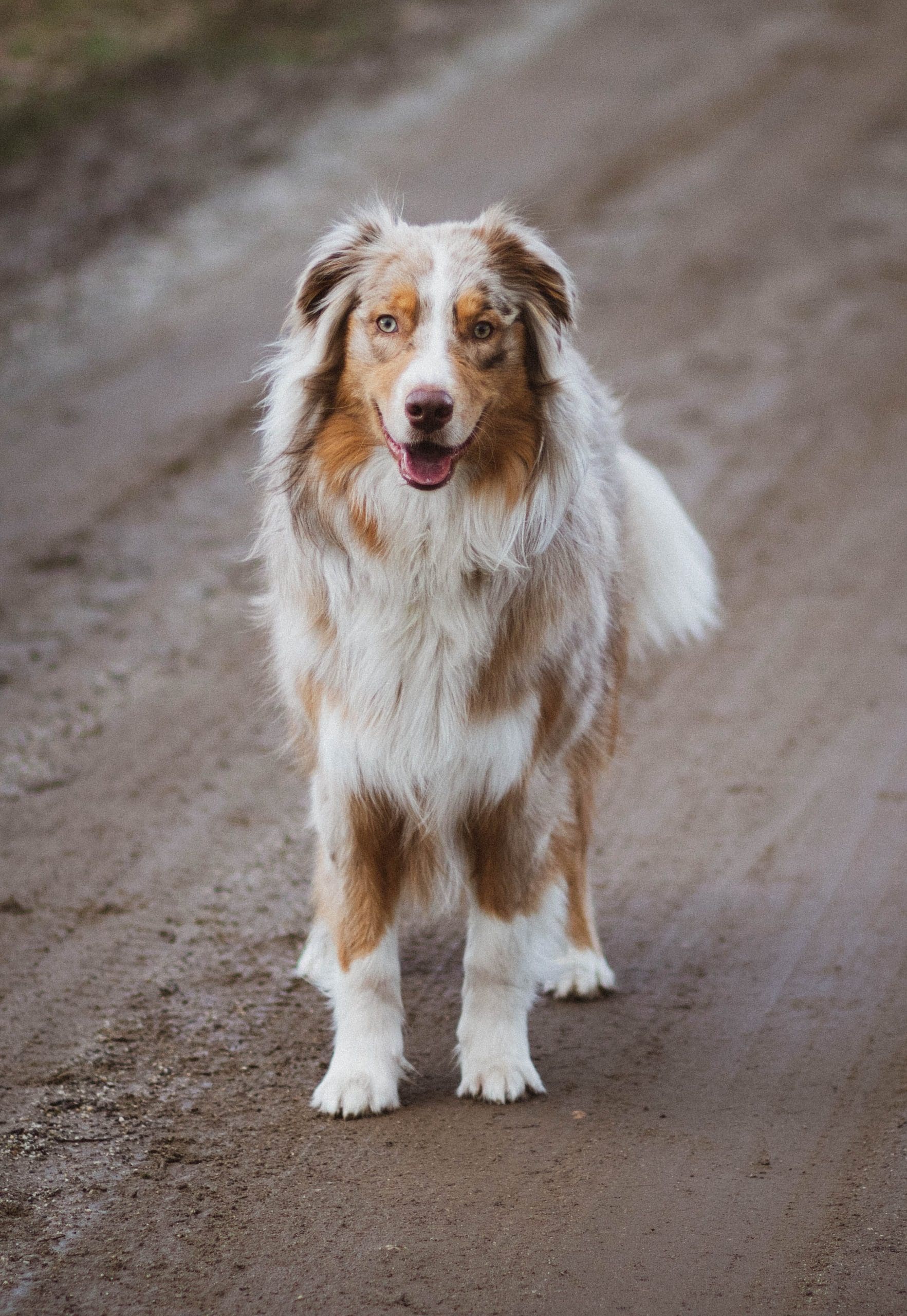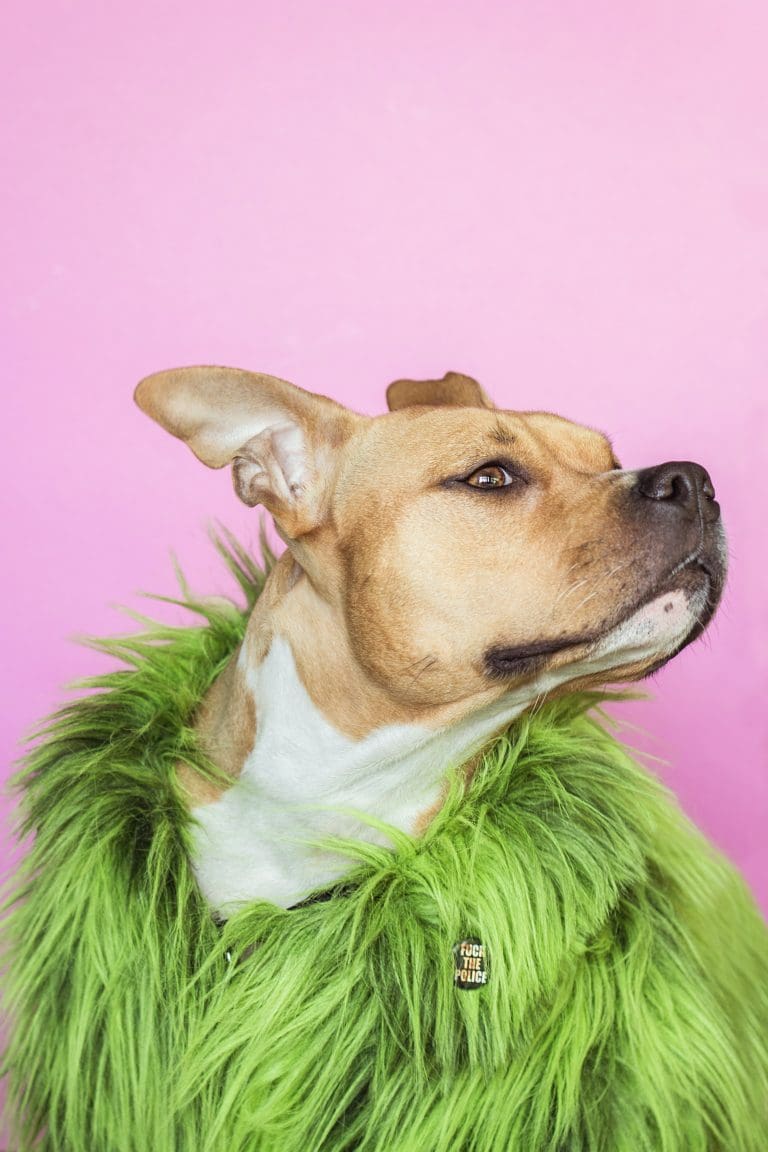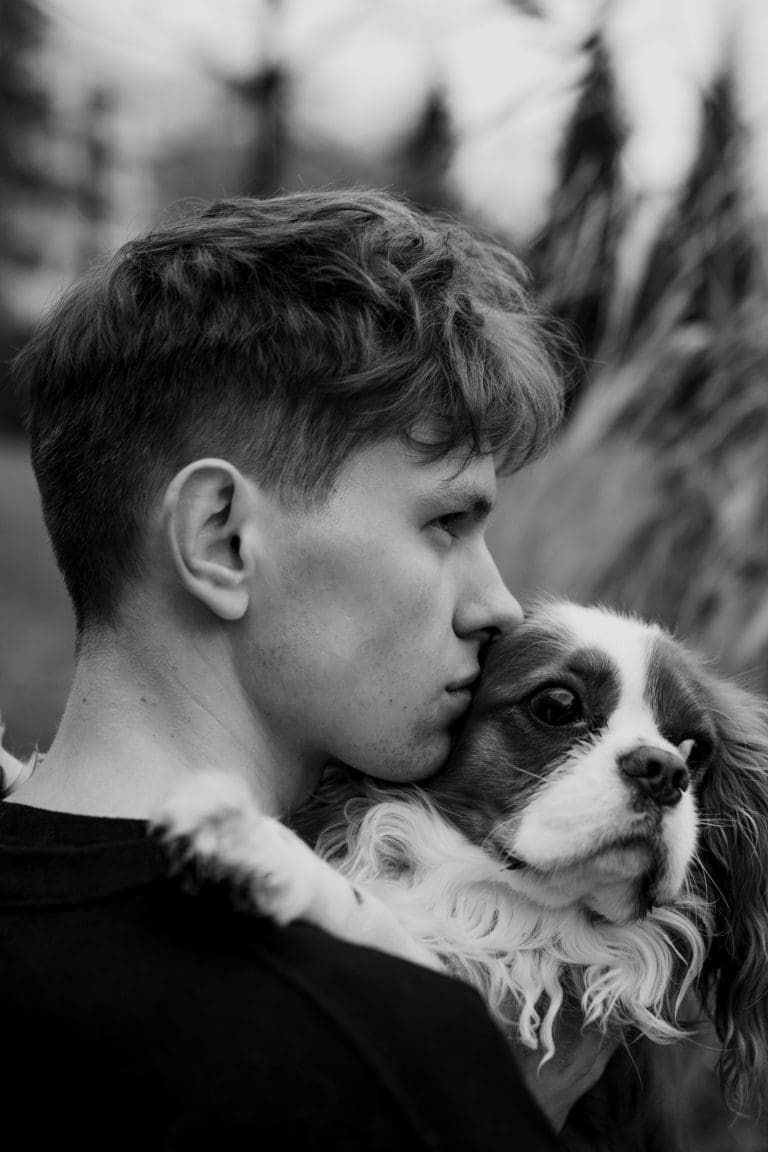Why Does My Dog Lick My Face Aggressively?
Post Date:
December 10, 2024
(Date Last Modified: December 10, 2024)
If you own a dog, you might have noticed the curious behavior of your furry friend licking your face aggressively. This can be both confusing and overwhelming, especially when your dog seems eager to cover you in slobber. Recognizing the reasons behind this behavior can enhance your relationship with your pet.
The Meaning Behind Licking
Licking is a natural form of communication for dogs. Puppies often lick their mother’s face to request food and affection, and this instinct can persist into adulthood. When your dog licks your face, they are likely expressing love and seeking attention. The intensity of the licking varies among dogs; some may softly nuzzle you, while others dive in with enthusiasm.
Emotional Responses
If your dog is licking your face aggressively, it may be a sign of excitement or anxiety. Dogs are highly sensitive to changes in their environment. If there have been recent alterations in your household—like a new pet or changes in routine—your dog might lick more fervently as a response to stress.
Breed and Personality Factors
Aggressive licking can also be influenced by your dog’s breed and personality. Certain breeds, like retrievers, tend to be more affectionate and prone to licking. Other dogs might lick as a way to explore their surroundings, with your face being an accessible and intriguing target.
The Role of Submission
Dogs may lick to express submission or to appease their owners. If your dog senses that you are upset, they might lick your face to comfort you, conveying, “I’m here for you.” If you observe this behavior during stressful moments, it may indicate your dog’s attempt to provide reassurance.
Playfulness and Engagement
Sometimes, aggressive licking can stem from a playful attitude. Dogs naturally engage in play, and licking can be part of their playful behavior. If your dog is excited and wants to play, they may lick your face to initiate a game, often accompanied by wagging tails and playful barks. Positive reactions from you may encourage them to continue.
Health Considerations
Excessive or aggressive licking may signal underlying health issues. If your dog licks your face compulsively, it could indicate discomfort or anxiety. Accompanying changes in appetite or energy levels may warrant a visit to the veterinarian to rule out any health concerns.
Your Reaction Matters
Your response to your dog’s licking can influence their behavior. If you engage with them positively when they lick, you might unintentionally encourage it. To reduce the intensity, redirect their attention to a toy or engage them in a different activity, channeling their energy into more appropriate outlets.
Training Techniques
Training can effectively manage licking behavior. Teaching commands like “leave it” or “no lick” helps your dog understand that licking isn’t always acceptable. Positive reinforcement—rewarding your dog when they refrain from licking—reinforces the distinction between acceptable and unacceptable behavior.
Building a Deeper Bond
Understanding why your dog licks your face aggressively fosters a stronger bond between the two of you. Dogs are complex beings with their own emotions and motivations. By observing their behavior, you can gain insights into their feelings and needs. Each lick can reveal love, excitement, anxiety, or an invitation to play.
Setting Boundaries
If your dog’s licking becomes overwhelming or uncomfortable, setting boundaries is essential. Dogs thrive on structure and clarity. Establishing clear guidelines about licking helps your dog learn to express themselves in a way that is enjoyable for both of you. Your dog’s licking is a form of communication, and with patience and understanding, you can better interpret their affectionate gestures.
Embracing Your Dog’s Affection
Next time your dog leans in for an enthusiastic lick, appreciate the love and excitement they wish to share. Embrace the unique ways your dog expresses their emotions, knowing that this behavior is a testament to the bond you share.






